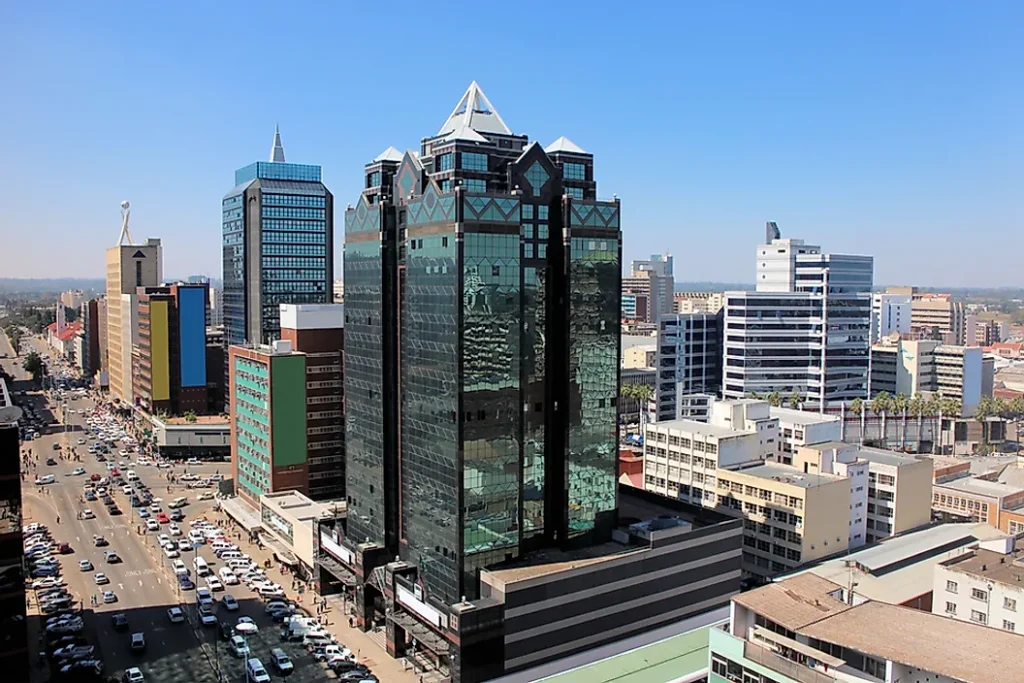- Home
- Switch to electric cars in Zimbabwe, how much are you saving?
Switch to electric cars in Zimbabwe, how much are you saving?
Electric vehicles (EVs) in Zimbabwe are gradually gaining interest as part of the country’s efforts to reduce greenhouse gas emissions, improve energy efficiency, and support sustainable development. With significant potential for renewable energy, particularly solar and hydro power, EV adoption could be viable in the future. However, challenges such as high upfront costs, limited charging infrastructure, and low public awareness hinder widespread adoption. While urban areas like Harare and Bulawayo are beginning to explore EV-friendly infrastructure, rural regions still face electricity supply issues, making a nationwide charging network difficult to establish. Additionally, the relatively high cost of EVs remains a barrier for many Zimbabweans, given the country’s economic conditions. Despite these challenges, EVs offer long-term benefits, including lower fuel costs, reduced maintenance expenses, and environmental advantages, particularly if powered by renewable energy. Government support through incentives, policy frameworks, and investments in charging infrastructure could accelerate EV adoption. As technology advances and costs decline, EVs may become more accessible, playing a key role in Zimbabwe’s transition to sustainable transportation, reducing dependence on imported fossil fuels, and contributing to economic growth and environmental sustainability.

| Aspect | Electric Vehicles (EVs) | Gasoline Vehicles |
|---|---|---|
| Energy Efficiency | Over 85% efficiency, meaning most energy is used for propulsion. | Lower efficiency due to heat loss in combustion. |
| Consumption (100 km) | 15 kWh (electricity) | 6 liters (gasoline) |
| Cost per 100 km | $1.95 (15 kWh × $0.13/kWh, Zimbabwe’s electricity price) | $7.20 (6 liters × $1.20/liter, estimated fuel cost) |
| Annual Cost (15,000 km) | $292.50 | $1,080.00 |
| Annual Cost (25,000 km) | $487.50 | $1,800.00 |
| Annual Cost (30,000 km) | $585.00 | $2,160.00 |
| Annual Cost (50,000 km) | $975.00 | $3,600.00 |
| Annual Cost (70,000 km) | $1,365.00 | $5,040.00 |
| Annual Savings (15,000 km) | $787.50 | – |
| Annual Savings (25,000 km) | $1,312.50 | – |
| Annual Savings (30,000 km) | $1,575.00 | – |
| Annual Savings (50,000 km) | $2,625.00 | – |
| Annual Savings (70,000 km) | $3,675.00 | – |
| Maintenance Costs | Lower: No oil changes, timing belts, or exhaust systems. | Higher: Requires regular oil changes and more upkeep. |
| CO₂ Emissions | Low emissions potential, depending on Zimbabwe’s renewable energy mix. | High emissions due to combustion of fossil fuels. |
| Government Incentives | Potential for future incentives as policies develop for EV adoption. | No special incentives. |
| Infrastructure Growth | Developing charging networks, especially in cities like Harare. | Well-established fuel station network. |
| Energy Security | Reduces dependence on imported fossil fuels if powered by renewables. | Dependent on global oil markets and price fluctuations. |
| Technology Evolution | Battery lifespan improving, with expected cost reductions. | Limited innovation in fuel efficiency. |
| Long-Term Viability | Key to Zimbabwe’s sustainable transportation future with renewables. | Facing increasing environmental and regulatory constraints. |

